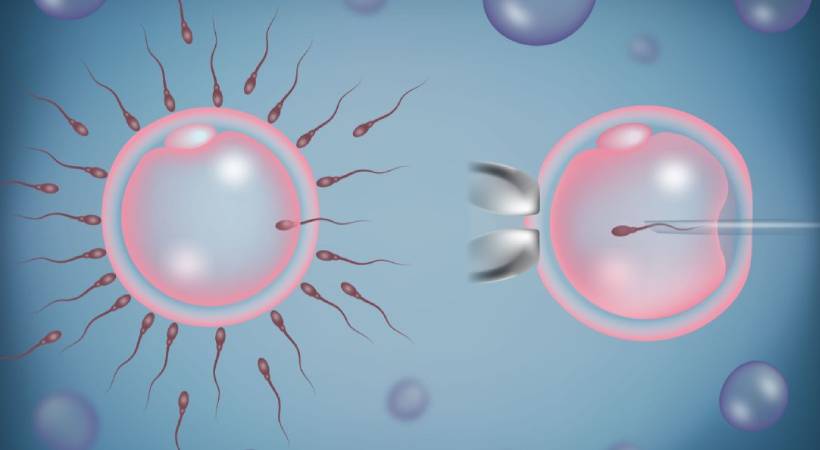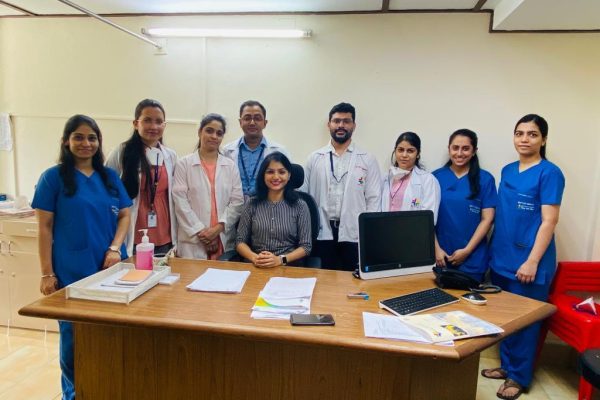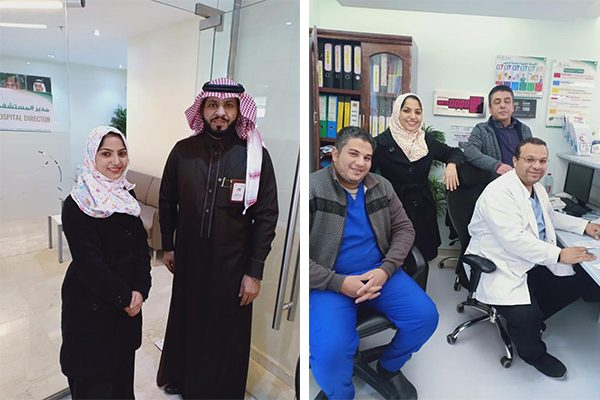Our Services

ICSI, or Intracytoplasmic Sperm Injection, is an advanced fertility treatment used to help couples struggling with infertility, particularly when male infertility is a factor. It is a technique that’s part of in vitro fertilization (IVF), where a single sperm is directly injected into an egg to help with fertilization.
Why is ICSI Needed?
ICSI is often recommended when there are problems with sperm quality, quantity, or motility (how well the sperm move). In some cases, sperm may not be able to penetrate the egg on their own. This can happen when a man has low sperm count, poor sperm quality, or even in cases where sperm has to be taken directly from the testicles through a procedure like sperm aspiration.
Even though IVF involves fertilizing an egg with sperm in a lab, sometimes the sperm may struggle to fertilize the egg naturally. This is where ICSI comes in – instead of allowing the sperm to find and enter the egg on its own, doctors use a tiny needle to inject a single sperm directly into the egg. This improves the chances of successful fertilization.
The ICSI Procedure: Step by Step
- Ovarian Stimulation: The woman is given hormone injections to stimulate her ovaries to produce multiple eggs. This increases the chances of having healthy, mature eggs to work with.
- Egg Retrieval: Once the eggs are ready, they are collected from the woman’s ovaries in a simple procedure under local anesthesia.
- Sperm Collection: The man provides a sperm sample, which is then processed in the lab. If necessary, sperm can be retrieved directly from the testicles.
- ICSI Injection: A highly skilled embryologist selects a single healthy sperm and injects it directly into the egg using a microscopic needle. This step ensures that the sperm fertilizes the egg.
- Fertilization Check: After a few hours, the eggs are checked to see if they have been successfully fertilized. If fertilization is successful, the embryos begin to develop.
- Embryo Transfer: The best-quality embryos are selected and transferred into the woman’s uterus, where they can hopefully implant and develop into a healthy pregnancy.
When is ICSI Used?
ICSI is typically used in the following cases:
- Male infertility: When sperm count is low, sperm are abnormally shaped, or sperm motility is poor.
- Previous IVF failure: If IVF cycles have failed due to poor fertilization rates.
- Obstructions: If there is a blockage in the male reproductive tract preventing sperm from reaching the egg.
- Use of sperm from a donor: When sperm is from a donor, ICSI can help achieve fertilization.
Success Rates and Considerations
ICSI has significantly improved success rates for couples with male infertility, and many people achieve successful pregnancies through this treatment. However, the success of the treatment depends on various factors, including the woman’s age, the cause of infertility, and the quality of the sperm and eggs.
Though ICSI is generally safe, it does come with some considerations. It’s a delicate procedure that requires expertise, as improper handling of sperm and eggs can affect fertilization. Additionally, ICSI does carry a small risk of passing on male infertility traits to the child, though this is extremely rare.
Conclusion
ICSI is a groundbreaking technique that has helped many couples achieve their dream of having a child. By directly injecting sperm into an egg, it bypasses many barriers that would otherwise prevent fertilization. If you or your partner are facing fertility challenges, ICSI might be an effective option to explore with your doctor.
We’d love to hear from you !
Our Gallery








Unveiling New Horizons in Fertility, One Article at a Time
Who Is at Higher Risk for Ectopic
Expert Insights by Dr. Rashmi Bhamare – 0 to 9...
Benefits of Normal Delivery: Expert Care by
Pregnancy is a beautiful journey, and choosing the right care...
First Trimester Struggles: Gentle Guidance from a
First Trimester Struggles: Expert Pregnancy Care by a Gynecologist in...
Navigating High-Risk Pregnancy: Expert Guidance and Care
Finding out your pregnancy is “high-risk” can trigger a wave...




